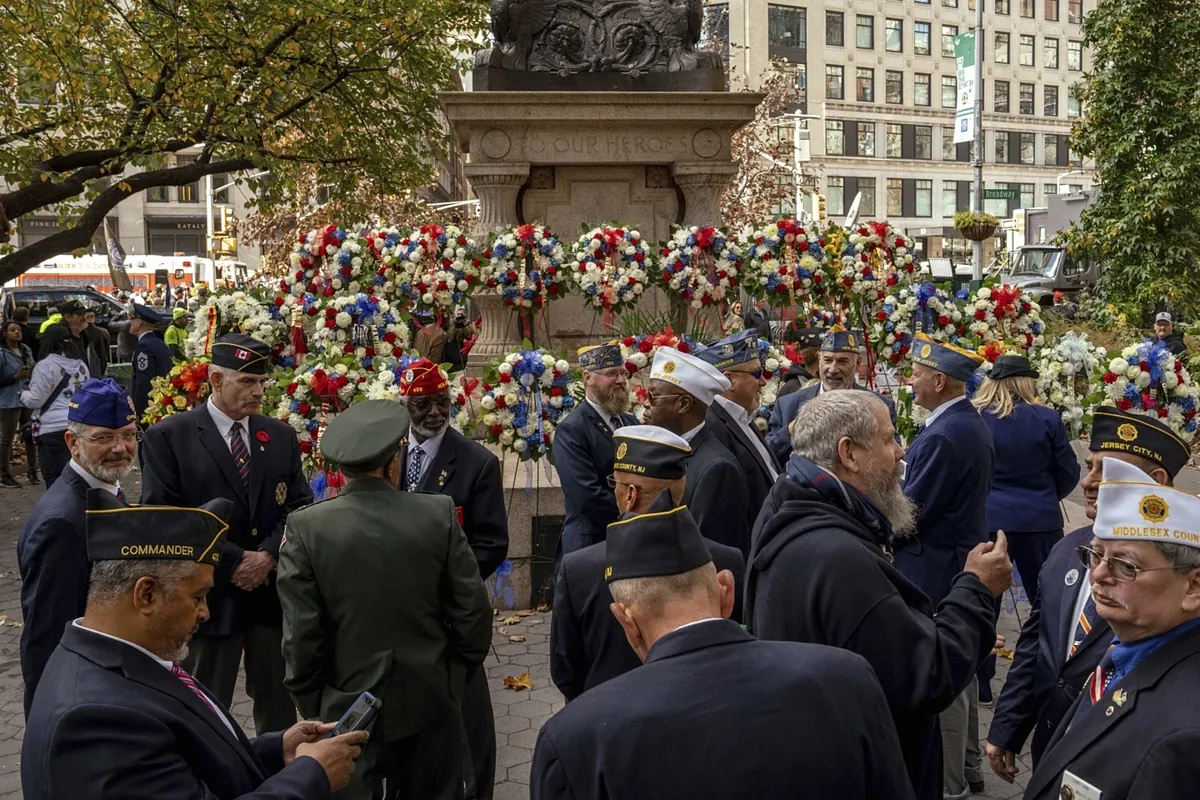

When a U.S. military Veteran passes away, the Department of Veterans Affairs (VA) may provide burial benefits to help surviving families cover the costs. For service-connected deaths occurring on or after September 11, 2001, the VA can pay up to $2,000 in burial expenses. For deaths unrelated to service that occur on or after October 1, 2024, the benefit is capped at $978 for funeral and burial costs, plus an additional $978 for plot or interment expenses if the Veteran is not buried in a national cemetery.
The VA may also reimburse transportation costs if the Veteran is buried in a national cemetery. Burial types supported include traditional burial, cremation, burial at sea, and even body donation to medical schools.
VA benefits payment schedule for 2025 revealed helping veterans plan ahead
Who qualifies for these benefits?
To be eligible for VA burial benefits, you must have paid for the Veteran’s funeral and not have been reimbursed by another source (such as an insurance policy or employer). The Veteran must have been discharged under conditions other than dishonorable and must meet specific criteria-such as dying due to a service-connected disability, while receiving VA care, or while traveling under VA authorization for care.
President Trump voices opposition to raising cap amid SALT negotiations
Surviving spouses, legal partners, children, parents, estate executors, and even funeral homes may be eligible to file a claim. However, benefits are not provided if the Veteran died while on active duty, serving as a member of Congress, or while incarcerated in a federal prison.
What’s required to file a claim?
To apply, you’ll need acceptable proof of death (like a death certificate), evidence that you paid for burial costs, and details about the services rendered. Additional documents such as the Veteran’s DD214 (discharge papers), medical records, and receipts for transportation expenses may be needed, especially for service-connected deaths.
You can apply online, by mail with VA Form 21P-530EZ, or by visiting your local VA regional office. There’s a two-year deadline for claims related to non-service-connected deaths, except when the Veteran died while under VA care. There is no time limit for service-connected burial claims.
Final thoughts
VA burial benefits can offer crucial financial support during a difficult time, but they’re not granted automatically. As a surviving spouse or loved one, knowing the eligibility criteria and claim requirements is key to receiving the support you’re entitled to.
This news was originally published on this post .






Be the first to leave a comment